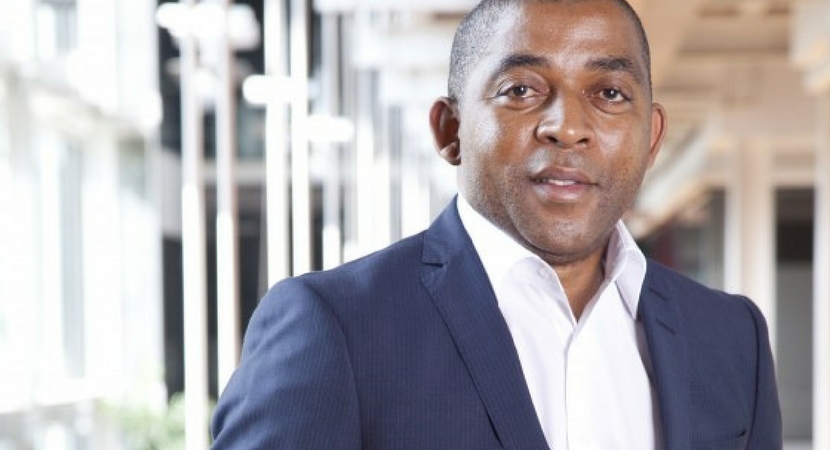South African Airways’ CEO Vuyani Jarana has resigned after less than two years in the job, saying his turnaround strategy for the loss-making airline was being undermined by a lack of state funding and too much bureaucracy.
The airline said in a statement late on Sunday that its board had accepted Jarana’s resignation.
In a resignation letter dated May 29, seen by Reuters, Jarana told the chairman of the airline’s board that there was a lack of progress on implementing the group’s strategy.
“The strategy is being systematically undermined, and as the Group Chief Executive Officer, I can no longer be able to assure the board and the public that the LTTS (long-term turnaround strategy) is achievable,” Jarana said in his resignation letter.
His departure highlights the challenges facing South African President Cyril Ramaphosa as he seeks to speed up reforms at South African Airways (SAA) and other state-owned entities. They are dependent on government bailouts and are regularly cited by ratings agencies as one of the main threats to the country’s economic growth.
Jarana, a former executive at telecoms company Vodacom, was appointed in late 2017 to implement a strategy to return the airline to profit and wean it off government bailouts.
SAA, which has not made a profit since 2011, has drawn up a five-year turnaround plan that includes slashing costs and cancelling unprofitable routes as it grapples with cost increases that far outstrip revenue growth.
Jarana, in his resignation letter, said that in March 2018, the Treasury approved the airline’s turnaround plan, which required funding of 21.7 billion rand ($1.5 billion). Of that 9.2 billion rand was to cover old debt and 12.5 billion rand was for working capital requirements until 2021, he said, with the state providing the requisite funding as per the plan.
The government did inject 5 billion rand in the 2018/2019 financial year, with a big chunk of that used to fund creditors up to the end of March 2018, according to Jarana.
“We have not been able to obtain any further funding commitment from government, making it very difficult to focus on the execution of the strategy,” he added.
The airline has had no less than three incidents in which it was almost unable to pay salaries due to the lack of funding, he said.
The SAA board, in its statement, commended Jarana for spearheading the implementation of the long-term strategy.
“On behalf of the board, I would like to thank Mr Jarana for his service and commitment to the airline. He contributed to returning confidence and credibility to the airline,” Chairman Johannes Bhekumuzi Magwaza said in the statement.
Magwaza said the airline will continue to take measures to reduce its cost structure and make the airline more competitive domestically and globally.
The airline, which also has a low-cost carrier, Mango, will immediately start the process of searching for a new group CEO to take the strategy forward, Magwaza added.
Jarana will step down at the end of August.
Ramaphosa has been at pains to stabilise ailing firms like SAA, which weigh on confidence in Africa’s most industrialised economy, but the extent of their financial difficulties has meant slow progress.
Jarana’s resignation comes more than a week after struggling state-owned power utility Eskom said its CEO, Phakamani Hadebe, was stepping down for health reasons after leading efforts to stabilise the highly indebted state firm. Eskom has not yet stabilised.
SAA is not helped by a slowdown in the airline industry generally, which the International Air Transport Association (IATA) highlighted in comments on Sunday.
Jarana said in April that SAA had reached an agreement in principle with lenders to roll over 9.2 billion rand of debt due at the end of March this year.
In his letter, Jarana said a 3.5 billion rand facility secured from local banks will be depleted in June.







